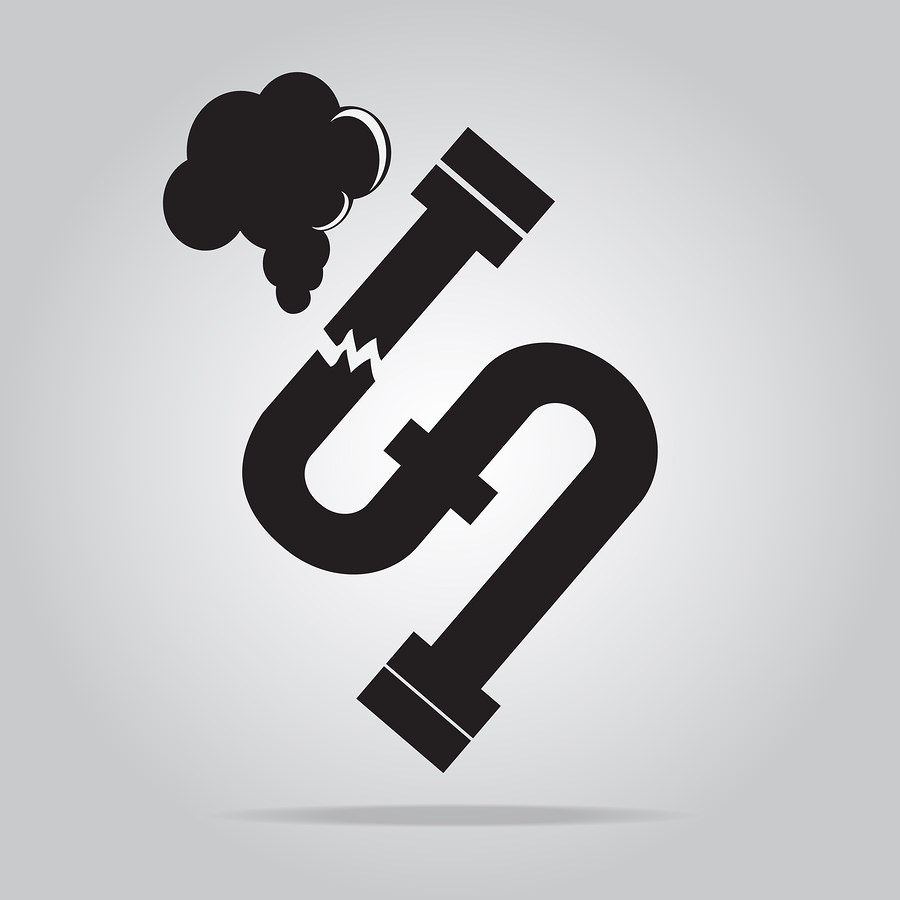Natural gas is widely used in American homes as a fuel source for hot water heaters, ranges, and other appliances. While generally safe, this gas can quickly produce a severe safety hazard if it leaks from any of its supply lines. This hazard comes in several forms. First, if leaking natural gas comes into contact with any kind of spark or flame, it can ignite with devastatingly explosive consequences. In addition, accumulation of unexploded gas can seriously reduce indoor oxygen levels and lead to unconsciousness or death through oxygen deprivation. The same situation can occur if a leak leads to the release of carbon monoxide byproduct from partially burned gas.
With such major stakes on the line, it’s important to understand the reasons why residential natural gas pipes begin leaking. To maintain the safety of your home, you must also understand how to prevent leaks from occurring. Let’s look at the facts for both of these crucial topics.
Gas Leak Causes
There are three main causes of residential gas leaks: poor or degraded fittings/connections between the gas line and a specific appliance, lack of proper appliance maintenance and appliance malfunctions.
Fitting and Connection Issues
Fittings are the pipes, valves, and meters used to safely transport natural gas from your home’s main supply line to each gas-powered appliance. As their name indicates, connections form the connection points between the fittings and the appliance itself. It takes a great deal of skill to perform lasting, reliable fitting and connection installations. In fact, there is an entire field of plumbing dedicated to this critical area. Unless you hire a master plumber with the training and experience required to do the job right, you can easily end up with a sub par installation that eventually leads directly to leak. And over time, even expertly installed fittings and connections can develop problems associated with age and degrading materials.
Poor Appliance Maintenance
Like other types of appliances in your home, gas-powered appliances often see heavy use. Sooner or later, continuing use of a device such as a range or water heater can lead to wear-and-tear-related malfunctions, which in turn can lead to leaking. Fortunately, you can delay the consequences of wear and tear by keeping your appliances properly maintained. On the other hand, if you fail to perform regular maintenance, you shorten the lifespan of your appliances and increase the chances that leaking will occur. The proper schedule for maintenance depends on a number of factors, including the type of appliance and your pattern of usage.
Appliance Malfunctions
Normally, you can expect a well-made, well-maintained gas appliance to last for years without developing any serious problems. However, even a relatively new appliance can potentially malfunction. If the malfunction has any impact on the normal flow or combustion of the natural gas fuel source, the end result can be a leak.
Gas Leak Prevention
The first line of defense in gas leak prevention is a properly performed installation by a trained and licensed master plumber who thoroughly understands the ins and outs of natural gas plumbing. Reliance on this type of installation expertise greatly reduces the chances that you will develop any problems related to poorly installed fittings and connections. It also greatly increases the odds that your appliances will run at peak efficiency from day one and provide you with the best possible user experience.
You can also prevent leaks by establishing and diligently following a regular schedule for appliance maintenance. Consultation with your local natural gas plumbing experts will give you all the information you need to arrange required servicing at appropriate intervals. The same professionals will likely be able to carry out that servicing, as well.
In addition, you can reduce the risks for natural gas leaks by having your chosen master plumber check periodically for premature condition issues, wear-and-tear-related problems and other types of appliance malfunctions. You can arrange these checks to coincide with your regularly scheduled maintenance. However, you can also schedule malfunction reviews separately, especially if you have concerns about a specific issue or notice any unusual change in appliance performance. When it comes to the potential for serious harm, it’s certainly better to be safe than sorry.

